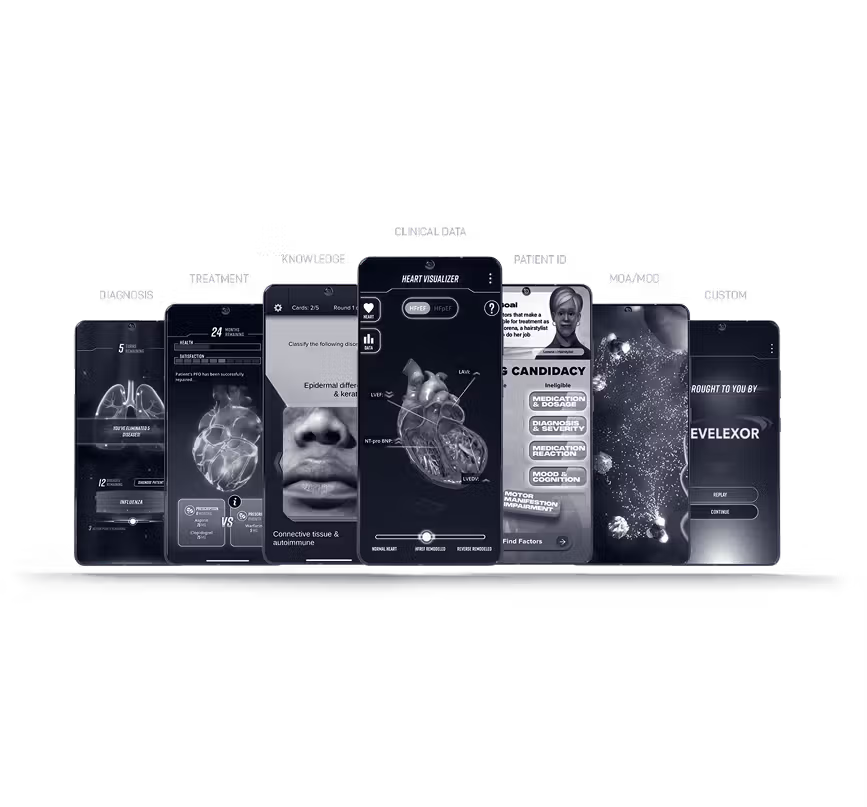
Use of artificial intelligence (AI), whether on its own or in connection with social media, has increased dramatically in recent times.
Addiction Resource recently published an in-depth report, “AI Addiction: Compulsive Use Of AI-Powered Applications On The Rise,” which you can read at the link. The article highlights how everyday use of AI—from social media algorithms to chatbots and generative apps—may be crossing into addictive behaviors, with consequences similar to gambling or gaming disorder.
Key takeaways from the analysis:
Warning signs: Escalating time spent on AI apps, irritability when offline, and hiding usage from loved ones.
At-risk groups: Younger users, people struggling with loneliness, trauma, depression, anxiety, or ADHD.
Consequences: Disrupted sleep, impaired focus, strained relationships, and in some cases replacing therapy with AI interactions.
Treatment pathways: Approaches like CBT, DBT, motivational interviewing, and digital detox strategies show promise.
With AI increasingly embedded in our daily lives, the piece raises pressing questions about digital well-being, youth mental health, and whether AI addiction should be formally recognized as a behavioral disorder.









